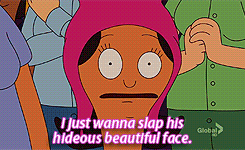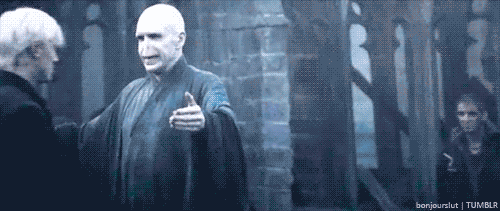
You’ve heard the hype surrounding Guillermo del Toro’s love child Pacific Rim. Known previously for his dark fantasies (Pan’s Labyrinth and The Devil’s Backbone) or his more American action flicks (Blade II and Hellboy), del Toro has created a diverging portfolio of monster movies, fairy tales, and poetic horrors. Why should you cancel your Magic night and go see Pacific Rim instead?
Pacific Rim is about giant robots fighting giant monsters. Don’t worry! I haven’t spoiled anything for you. Despite the oh! so short concept, Pacific Rim is (simply put) fun. Not even M. Night Shyamalan could mess this concept up.

Sorry Mike, I totally stole this from you
This movie is fun for the casual movie goer, moms and dads with restless kids, or the bro-night dudes with the “I’m not gay” seat between them. The special effects are drool worthy, the comic stereotypes are laughable, and the awesome feeling following the conclusion of the movie is undeniable.
Yet, Pacific Rim is F-U-N for the nerd. This film is for the mecha lovers, the Godzilla dedicatees, the comic book collectors. (Here is where I get philosophical). Pacific Rim is a metafiction about mecha, Godzilla, Comic book culture. This movie has the atypical flat characters (the nerd scientists, the sexy fighter dude, and the Asian chick with a pre-loaded tragic background etc.). Pacific Rim delivers these tokens of past nerdism in one action-packed film. You are supposed to laugh at the overly-epicness of it all. Who needs character development when we’ve been reading and watching these characters for decades (Gundam, Neon Genesis Evangelion, Robotech … I could go on … no really). This movie makes a ginormous head-nod to the mecha world.
In addition, unlike Transformers, Pacific Rim features multiple persons of color. Of course, with the over stereotyping of Asian culture in many action flicks, Pacific Rim runs the risk of continuing the cycle of fetishizing Asians. However, Pacific Rim handles the race issues of its genre phenomenally. As one example, Mako, the Japanese woman with a pre-loaded tragic background, is strong, independent, and most importantly not romantically tied to the hero of the story. She is a characterization of an archetypal character, but she is respectable and a hero in her own right. This is very promising for a future of awesome, non-white heroes.
What are you doing taking my word for it? Go see the movie and discuss it below!
Spoilers below


